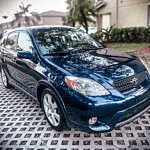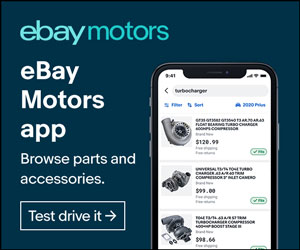Contents
Squeals From the Wheels
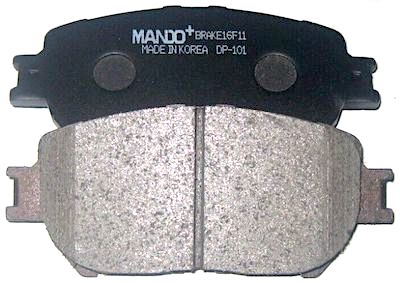
Brake pads
This is a familiar sound and indicates issues with the brakes. Most brake pads have a device embedded in the pad that emits a squealing sound when it needs replacement. This is one of the most common car noises. Another source of brake noise is gravel or debris caught in the brake components.
These can be easily removed to eliminate noise and prevent abnormal wear on the brake system.
Shop now for brake padsClicks When Turning
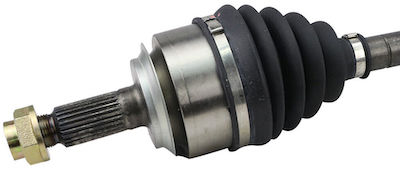
CV joint
If you drive a front-wheel or all-wheel drive vehicle, pay attention if you hear a clicking sound only when turning. This common car noise is a sign that the constant velocity joints (a.k.a. CV joints) on the front axle are failing and need replacement.
Shop now for CV jointsRattle When Slowing
Do you hear a metallic rattling sound when slowing your car and again when accelerating, but only from one wheel? If you have a hub cap covering your wheels, remove it and check your lug nuts. One may have loosened and fallen off the wheel stud. It rattles around the hub cap to make that disturbing sound, and centrifugal force holds it in place except when you are slowing or accelerating.
Squeal Under the Hood
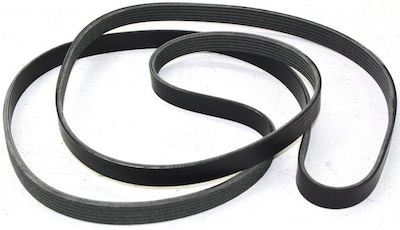
Serpentine belt
A loose serpentine belt or other drive belts can be the source of that aggravating squeal under the hood. A loose or worn belt creates a squealing sound, rising and lowering in pitch as the engine speed changes. You often hear this squeal when starting an engine before it warms up. This car noise is an easy fix with a quick replacement of the serpentine belt.
Rattles When You Drive Over Bumps
You should check your suspension and shock absorbers if you constantly hear a rattle or clunk when you drive over a speed bump or a pothole. Often a piece might be loose or even come detached, and the rattle you hear is that loose part. You can look under the car, find the loose piece, and quickly reattach the noise maker.
Howling Metallic Sounds
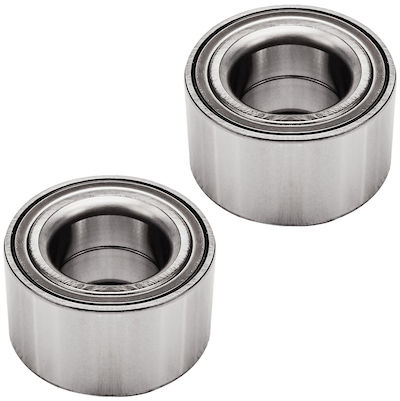
Wheel bearings
A high-pitched metallic sound that sounds like a howl might be a set of bearings going out. The bearings are designed with small balls or needles to help metal parts rotate with other hard surfaces. When the bearings lose their grease or wear out, they no longer allow the metal pieces to rotate easily, hence the howl.
Wheel bearings are a typical source of this car noise. Replace them quickly before those metal parts wear even more and need more costly repairs.
Shop now for wheel bearingsDon’t Ignore Obvious Car Noises
If you hear a rattle or clunk you can’t quickly locate, look in the glove box and trunk. Often a forgotten piece of gear works loose and starts to rattle or roll around in the storage spaces. Fortunately, these car noises are a mere annoyance and won’t require expensive repairs.
Now that you’ve learned about the most common car noises and what they mean, it’s time to take charge. If you park in a garage, roll down your windows, turn off the stereo, and listen to what your car might be saying to you. A sound of distress from your car may signal a simple repair that, when done early, can prevent a more costly repair down the road.


